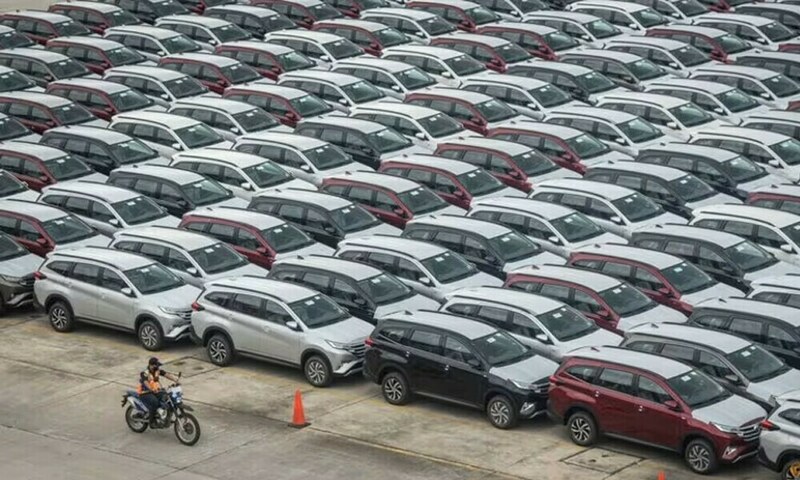JAKARTA: Indonesia broke ground Sunday on a $5.9 billion megaproject for EV battery production backed by Chinese giant CATL, despite NGOs raising concerns over a lack of environmental guarantees.
Indonesia is the world’s largest nickel producer and it is trying to capitalise on its vast reserves, with a 2020 export ban spurring a domestic industrial boom of the key metal used in EV batteries and stainless steel.
The EV battery project will include a $4.7 billion investment on the eastern island of Halmahera and a $1.2 billion investment in West Java, energy minister Bahlil Lahadalia said in a speech alongside President Prabowo Subianto.
“According to my calculation, it won’t take long, in probably between five to six years we will be able to reach energy self-sufficiency,” Prabowo said at a groundbreaking ceremony in Karawang, West Java.
Bahlil said the Halmahera complex will focus on mining, smelting and production of cathodes which are a key component in rechargeable batteries.
The West Java complex will focus on battery cell production, the minister said.
The two politicians did not say when the megaproject was slated to be operational, but Indonesian officials have said a CATL plant in Halmahera would open in March next year.
Alongside CATL, the Halmahera complex is backed by China’s Zhejiang Huayou Cobalt and Indonesia’s state-owned Antam.
Climate Rights International (CRI) and Greenpeace Indonesia this week issued a call for greater assurances from Jakarta that measures were in place to protect the surrounding environment at the bigger complex in eastern Halmahera.
Environmental group Mining Advocacy Network (Jatam) said in a statement Saturday that Jakarta was “chasing vague economic growth while consciously ignoring the people’s scream” to end damage to the environment and residents’ livelihoods.
Halmahera, a once-pristine island in the Maluku archipelago, has seen environmental damage increase as operations have grown at a large industrial park that hosts the world’s largest nickel mine.
A CRI report this month warned the Indonesian government was allowing environmental damage to go unchecked around the Weda Bay mine and the industrial park that hosts it.
An AFP report last month detailed how the home of the nomadic Hongana Manyawa tribe was being eaten away by mining operations there.
